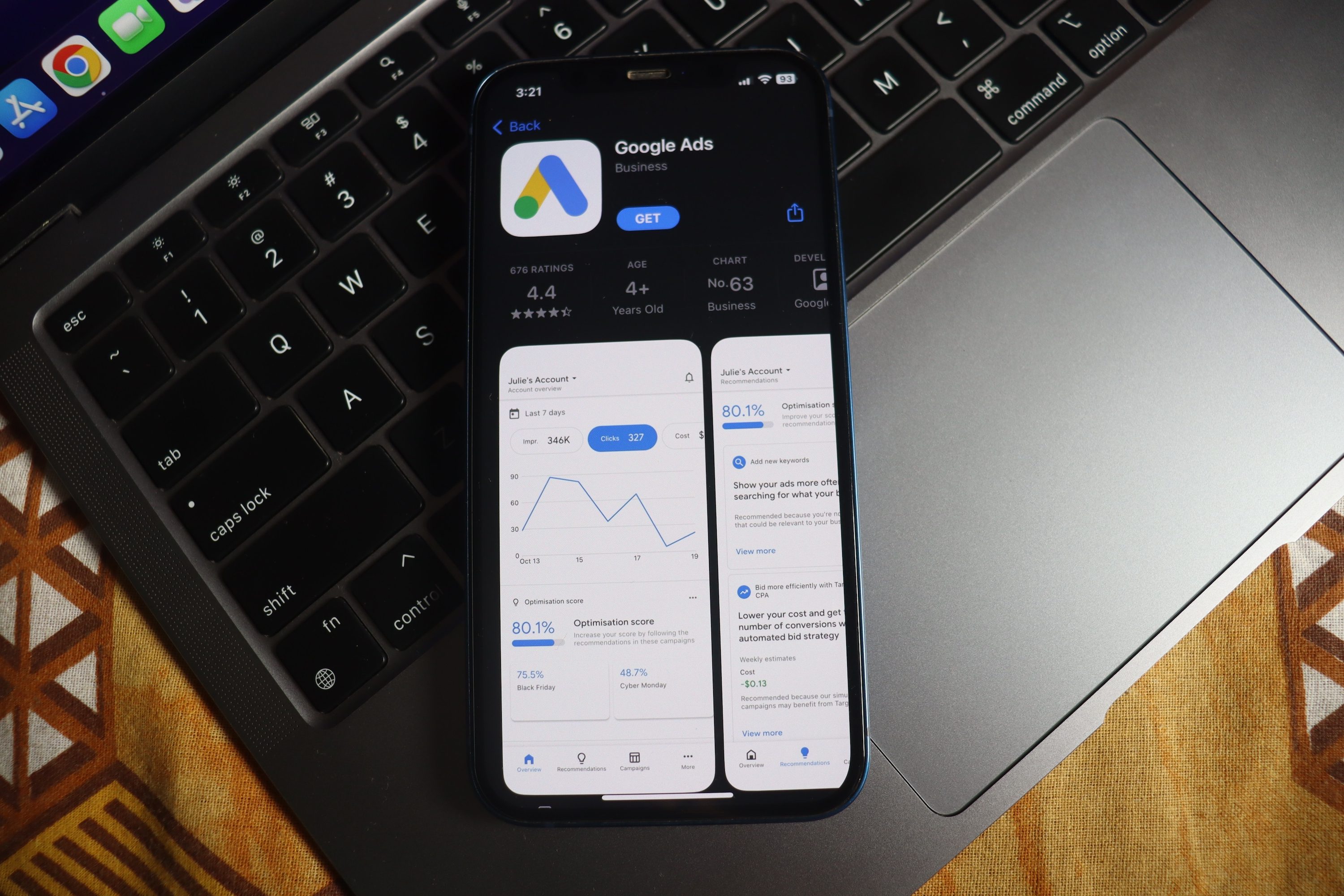Google’s John Mueller answered a question on Reddit in which the person asking the question apparently had questions about what the SEO tool was suggesting.
What the tool was suggesting didn’t line up with the goal the SEO had.
This is the question:
“I write for and manage the blog of a Vietnamese travel agency catering mainly to American and Australian tourists.
Many of the article H2s contain the actual Vietnamese versions of words (such as location names) because a few uses of the accented version (e.g. Quảng Bình vs Quang Binh) tend to show up in Surfer SEO’s suggestions.
Am I correct in my assumption that the accents should not be present because the target audience (tourists) will not be using accent marks in their searches?
Or do accent marks not matter in Google’s eyes?”
Google’s John Mueller answered:
“Write in your audience’s language – for the head(ers), body… Don’t rely on SEO tools to tell you how to write – do your own research.”
What Do The SERPs Say?
When it comes to researching what to do, sometimes it helps to see what’s ranking there.
In the above example, search queries with and without the accents (Quảng Bình vs Quang Binh) are generally the same, with the accented version SERPs containing at least one site with accents.
It helps to check the SERPs using different browsers. I use a Chrome and the Chrome Canary browser so that one search doesn’t influence the SERPs for a second search (because of personalization based on prior searches).
I know that some people rely heavily on their tools to the point that they don’t check the actual SERPs. What’s in the tools doesn’t always match what’s in the SERPs.
So always see what the SERPs are doing, don’t rely 100% on what the tool is telling you about the SERPs.
It could be different.
Do Your Own Research
Mueller didn’t say to not to use the SEO tools. He just said don’t rely on them to tell you what to write.
Software tools are based on the knowledge level of the SEOs who created them. And often that’s based on whatever is trending at the moment, which is useful and sometimes not.
For example, in the early days there were tools that recommended keyword densities (how many times the keyword should ideally be repeated on the page).
And that worked until it didn’t.
Other tools helped scale up reciprocal linking projects, others rewrote content and those also worked until they didn’t.
The point is that software is created based on what people think they know about SEO at the time and that’s an opinion.
When it comes to SEO, most opinions are a consensus of what everyone else thinks. Some opinions are kind of weird and out there or lies. And others are ahead everyone else.
There is rarely one agreed upon rule about SEO.
So what that means is that for every tool you use, always use your own best judgment as the final decision maker.
Read the Reddit discussion:
Using non-English accent marks in H2s?
Featured Image by Shutterstock/RealPeopleStudio




